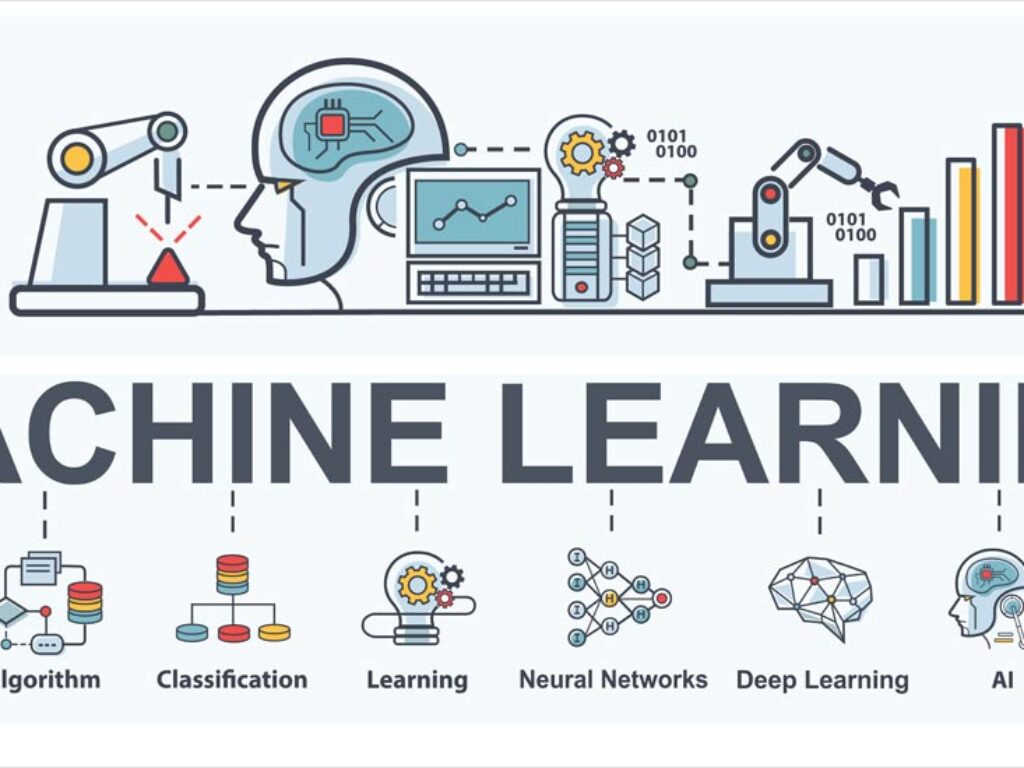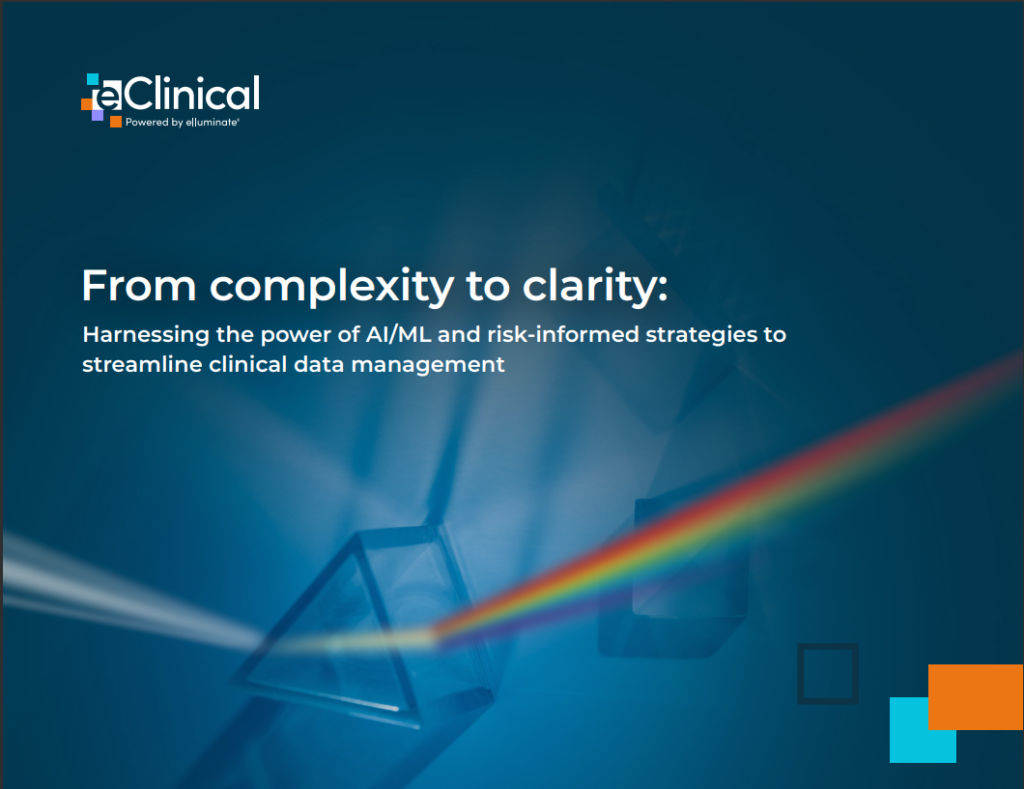In this contributed article, Artyom Keydunov, co-founder and CEO of Cube, believes that although business intelligence (BI) solutions have gone a long way to make more data available to non-technical users, challenges remain. With a universal semantic layer, organizations can create curated, intuitive data experiences that are more accessible than ever, enabling users to derive far more value from enterprise data.
How Organizations Can Avoid AI Sticker Shock
In this contributed article, Chris Opat, Backblaze senior vice president of cloud operations, highlights how companies can innovate with AI while staying within the budget by understanding the type of AI you’re training, its latency requirements, the quantities of training data, and what third-party data you’ll need.
Enhancing Business Innovation and Operational Efficiency Through Historical Data
In this contributed article, Adrian Kunzle, Chief Technology Officer at Own Company, discusses strategies around using historical data to understand their businesses better and fill gaps are often overlooked. When organizations maximize historical data, they can improve AI-driven decisions, reduce the overhead of data warehouses and ETL processes, while simultaneously driving portability and automation.
The Rise of Streaming Data and Its Cost Efficiency – How Did We Get Here?
In this contributed article, Sijie Guo, Founder and CEO of Streamnative, believes that with remote work entrenched in the post-pandemic enterprise, organizations are restructuring their technology stack and software strategy for a new, distributed workforce. Real-time data streaming has emerged as a necessary and cost efficient way for enterprises to scale in an agile way. There are two sides to this coin with dual cost advantages – architectural and operational.
Advocating Collaboration in Safe AI Management
In this contributed article, Rosanne Kincaid-Smith, Group COO at Northern Data, delves into the ethical considerations of ensuring AI safety and emphasizes the need for a collective approach to AI management – involving a mixture of technical and societal bodies who understand its far-reaching impact. The piece sheds light on the growing concerns surrounding the emergence of next-generation AI technologies and underscores the new collaborative efforts of the US and UK in addressing safety concerns linked to the integration of AI into business operations.
Unlocking the True Power of AI by Turning Conventional ML Wisdom On Its Head
In this contributed article, Iain Wallace, Director of Machine Learning and Tracking Research at Ultraleap, discusses how rethinking your approach to machine learning can drive true AI innovation.
New Global Survey Finds Enterprises Lack Direction and Training for Workers on the Use of GenAI Tools
UiPath (NYSE: PATH), a leading enterprise automation and AI software company, published its annual Global Knowledge Worker Survey that uncovers how employees are using generative AI (GenAI), the shortcomings and risks of the technology, and the opportunity for combining GenAI with business automation.
Harnessing Big Data for Sustainable Financial Decisions
In this contributed article, freelance writer Ainsley Lawrence suggests that in the financial sector, decision-making often comes with a higher degree of risk, but with insights provided by big data, those risks can be mitigated, leading to increased revenue and enhanced efficiency.
Personalizing Employee Experiences with Product Analytics
In this contributed article, Vara Kumar, co-founder and head of R&D and pre-sales at Whatfix, discusses how in today’s competitive landscape, harnessing the full potential of product analytics is pivotal for companies seeking to optimize their internal and external product usage. There are multifaceted benefits of leveraging product analytics,
showcasing its ability to provide profound insights into product utilization across an organization.
Low Code/No Code
In this contributed article, Ben Kliger, CEO and co-founder, Zenity, explores the connection between AI and no/low code development and how to bring application security measures to the new world of low-code/no-code app development.













